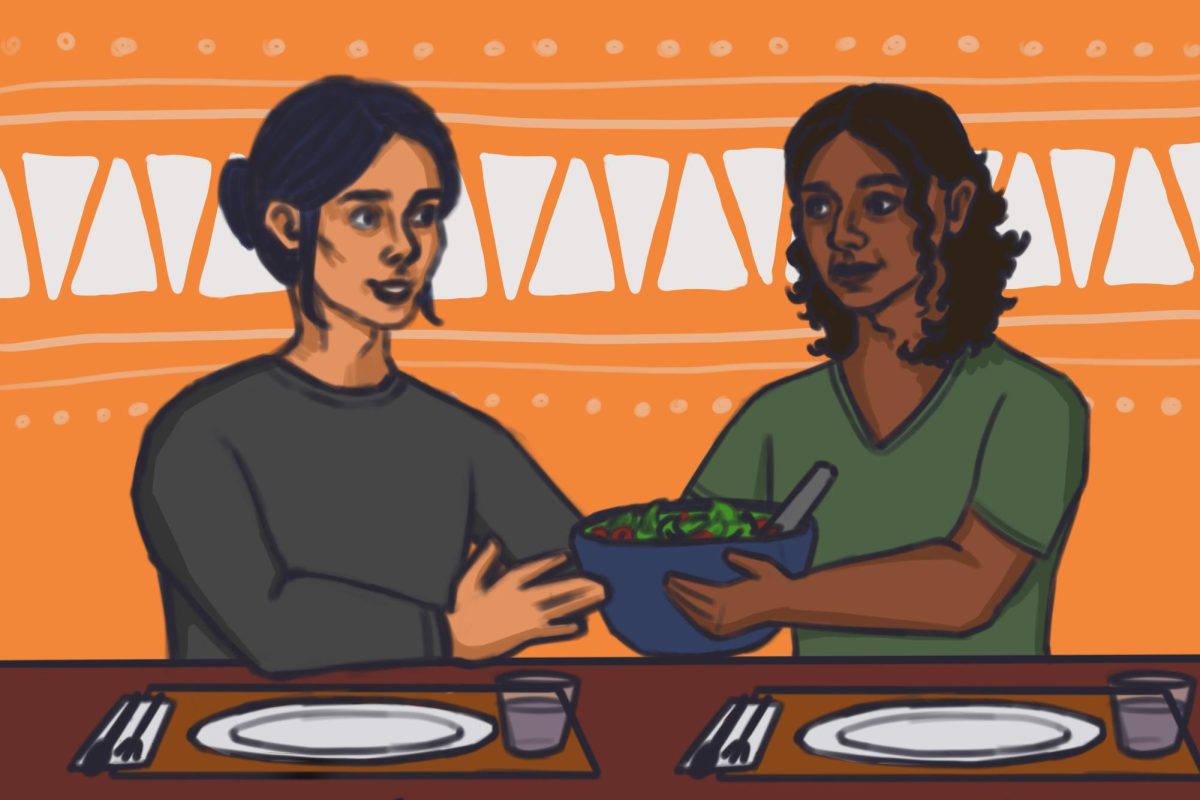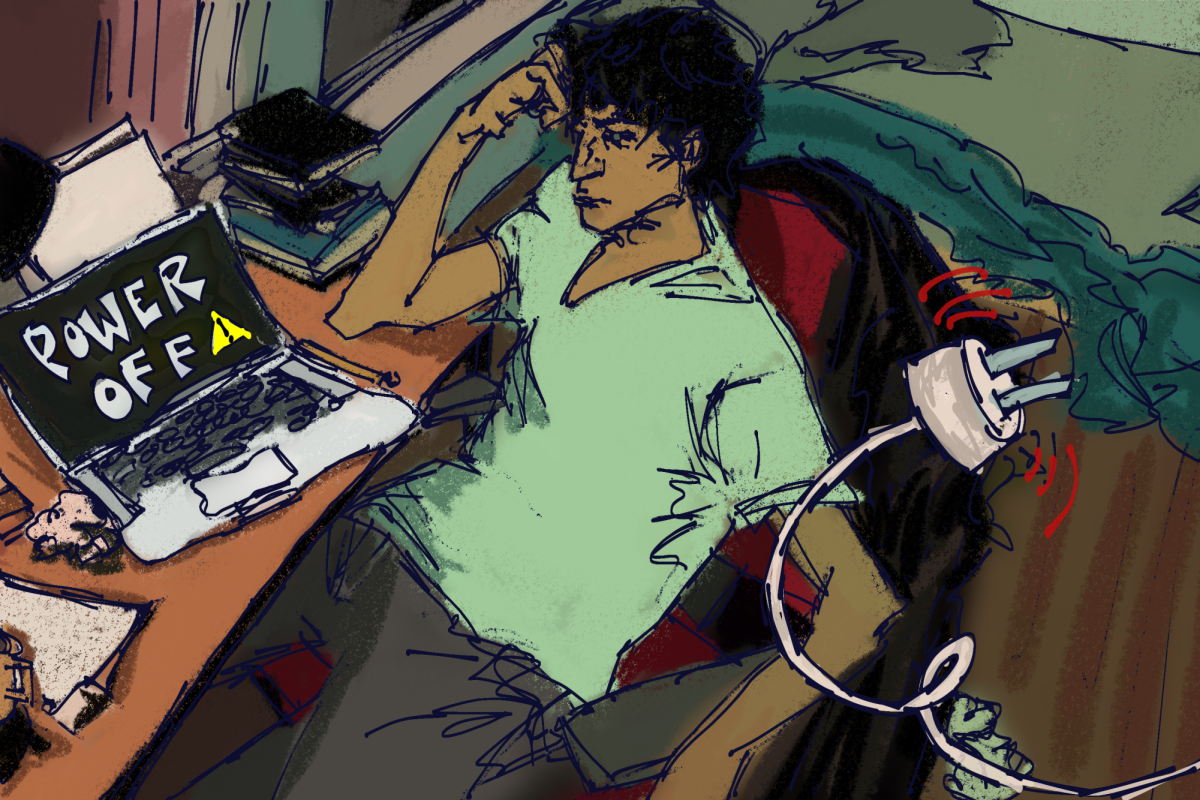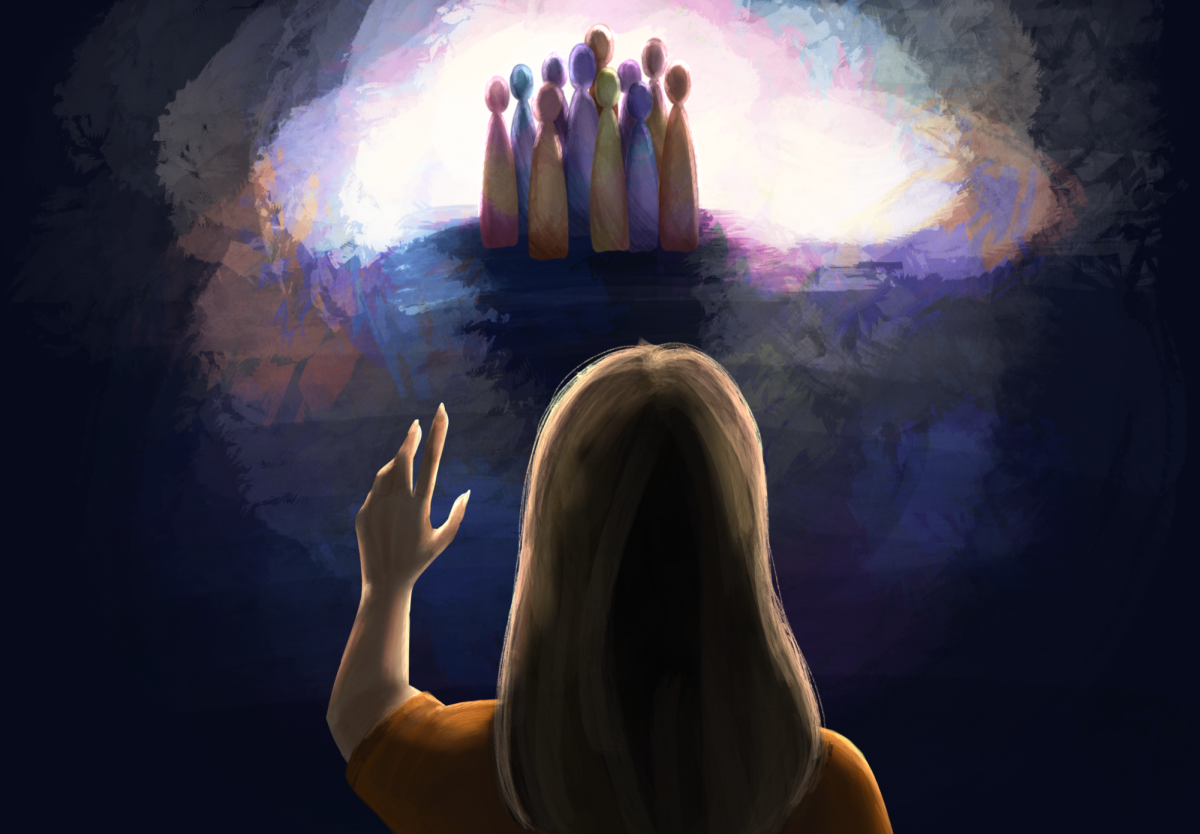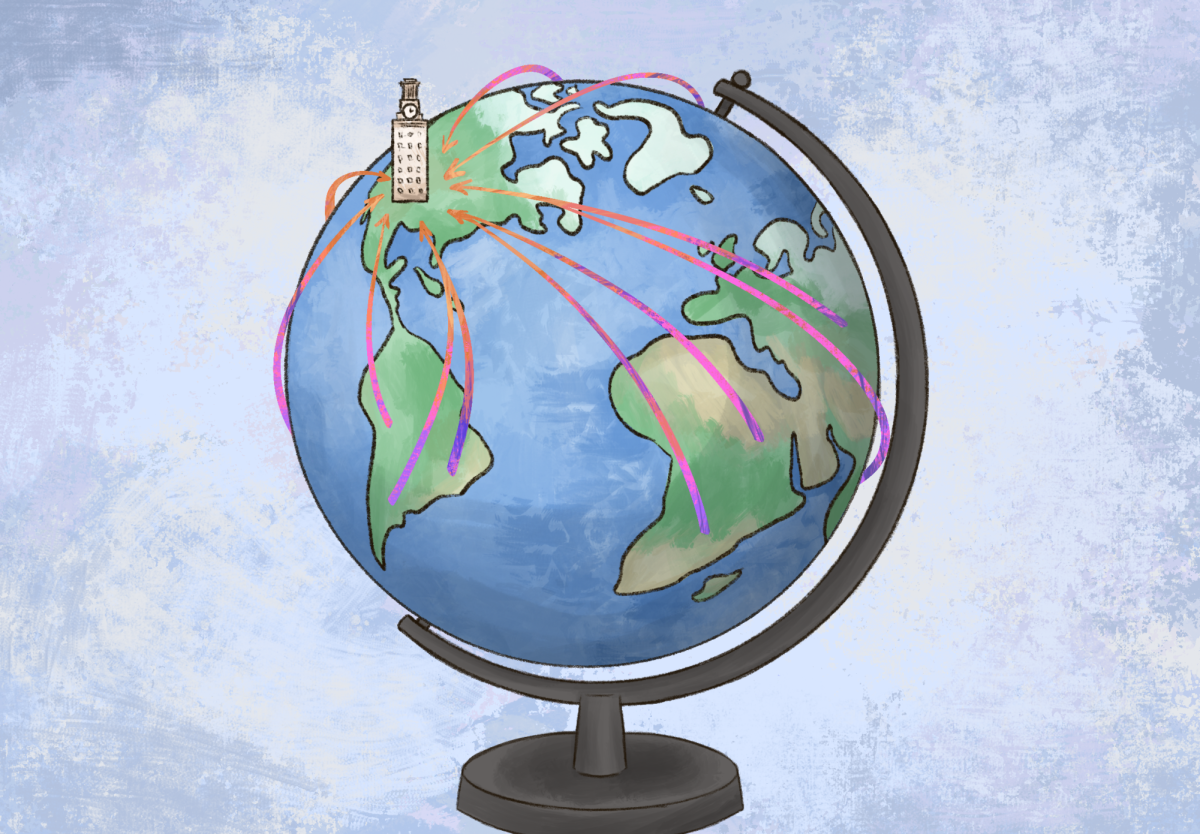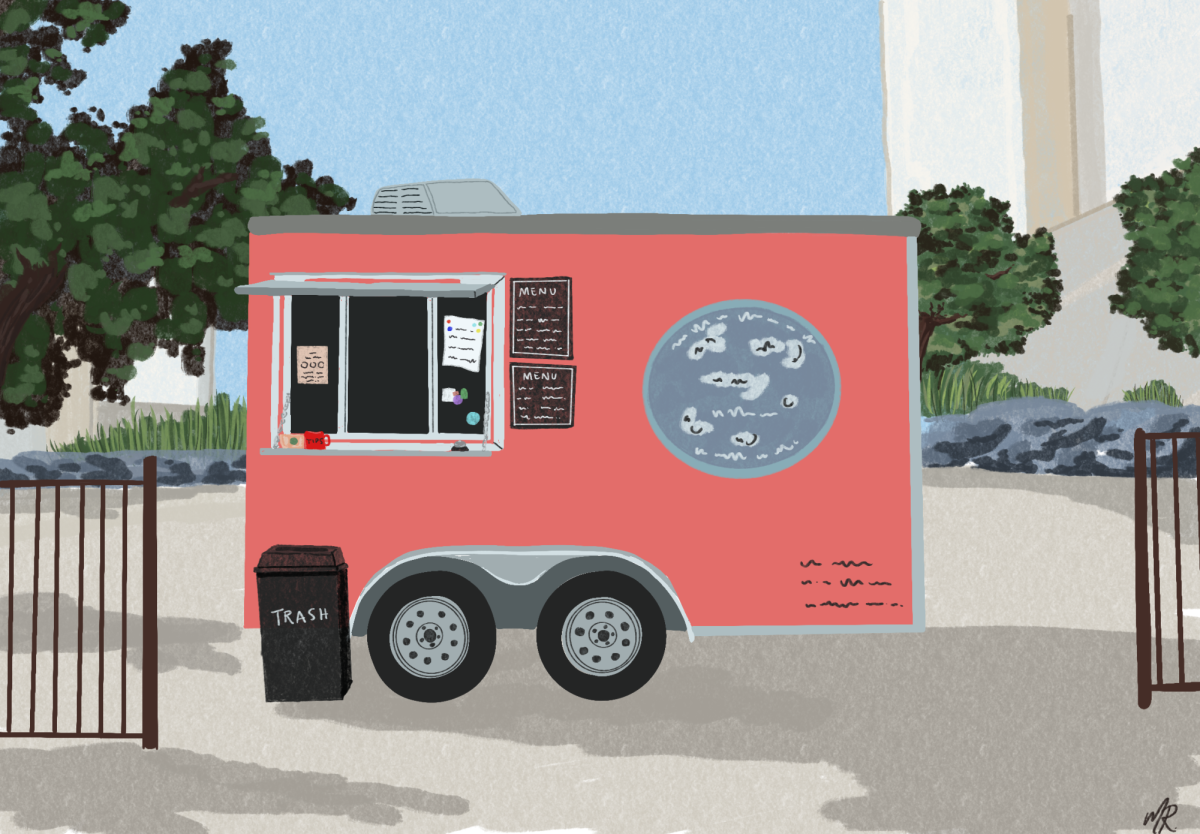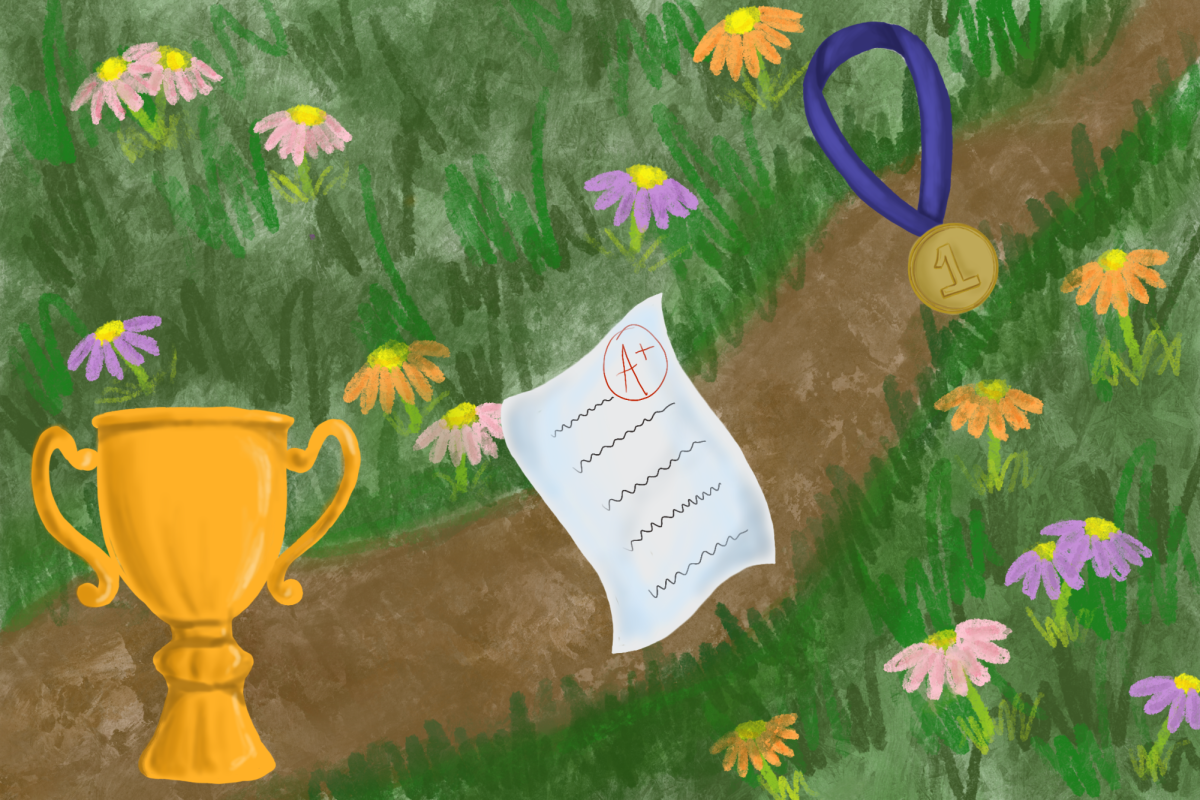That’s it. I’m going to say it. The thing nobody is supposed to say.
College is SO hard.
Difficult classes aside, you have to make new friends, live on your own, prepare for a career, look for internships, decide what your goals are as a human being, stay healthy, do extracurriculars, manage your money, keep in touch with your family and navigate your own identity.
Through these trying times, we should feel comfortable and encouraged to discuss our struggles with the people around us. However, the very things that are supposed to connect us are pushing us further into isolation.
The social media influencer phenomenon has set the expectation that we need to project a positive image of ourselves to the people around us. By creating a collection of content that portrays life as perfect, it isolates discussion of personal issues from our social sphere. We should consider reducing the time we spend on social media or taking a break from it completely, so we can escape the unrealistic standards it has set for our happiness.
There is no shortage of evidence that social media makes us more disconnected. The internet creates a negative feedback loop of loneliness, as people are more likely to go online when they feel isolated, depressed or anxious. A study from the University of Pittsburgh showed that negative experiences on social media lead to feelings of loneliness.
This loneliness is especially painful for college students because all the other stresses in our lives necessitate a support system. Our struggle isn’t quantifiable but is well demonstrated in the 77% increase in the number of students served by the Counseling and Mental Health Center in the last eight years.
“Whenever you’re constantly comparing yourself to other people on social media, it definitely makes aspects of college like isolation and loneliness a lot worse,” biology sophomore Chase Seabourn said.
Influencers are people with a large social media following — often models, Youtubers or plain old conventionally attractive people — who are hired to advertise merchandise or a service by including it in their posts. In order to motivate people to want to be like them, influencers often project a glorified image of themselves that other people want to imitate, showing off their perfect body, social life, wardrobe; the list goes on.
This influencer culture has invaded the lives of the 98% of people aged 18-24 who use social media, putting pressure on users to project an image of themselves that is desirable to everyone who might see it.
Seabourn explained how this creation of our online personas leads to less honest social interactions.
“You sort of develop these expectations around people, and people’s identities become intertwined with who they are on social media” Seabourn said. “So I definitely feel like it does bleed into your actual interactions.”
The importance granted to social media in our society can give us the misguided idea that the attention we receive online is a measure of our value. In reality, there isn’t anything that determines the hierarchy of our self-worth. As students, we should take a step back from our online presence and evaluate how it’s affecting our social lives and our self-image.
Along with that, there shouldn’t be any shame in taking a break from social media. Studio art sophomore Hope Harlow talks about how taking two weeks away from it has impacted her positively.
“I actually hang out people more now because they have to text me to get in contact with me to see how I’m doing and stuff, which is really nice,” Harlow said. “It’s nice to hang out with people.”
The difficulties we face during this pivotal time in our lives are significant to each of us and by no means easy to overcome. We should be aware that everyone faces difficulties and feel comfortable reaching out to our friends and classmates for support without letting internet-imposed vanity get in the way.
Lazaroski is an English major from Dallas.


